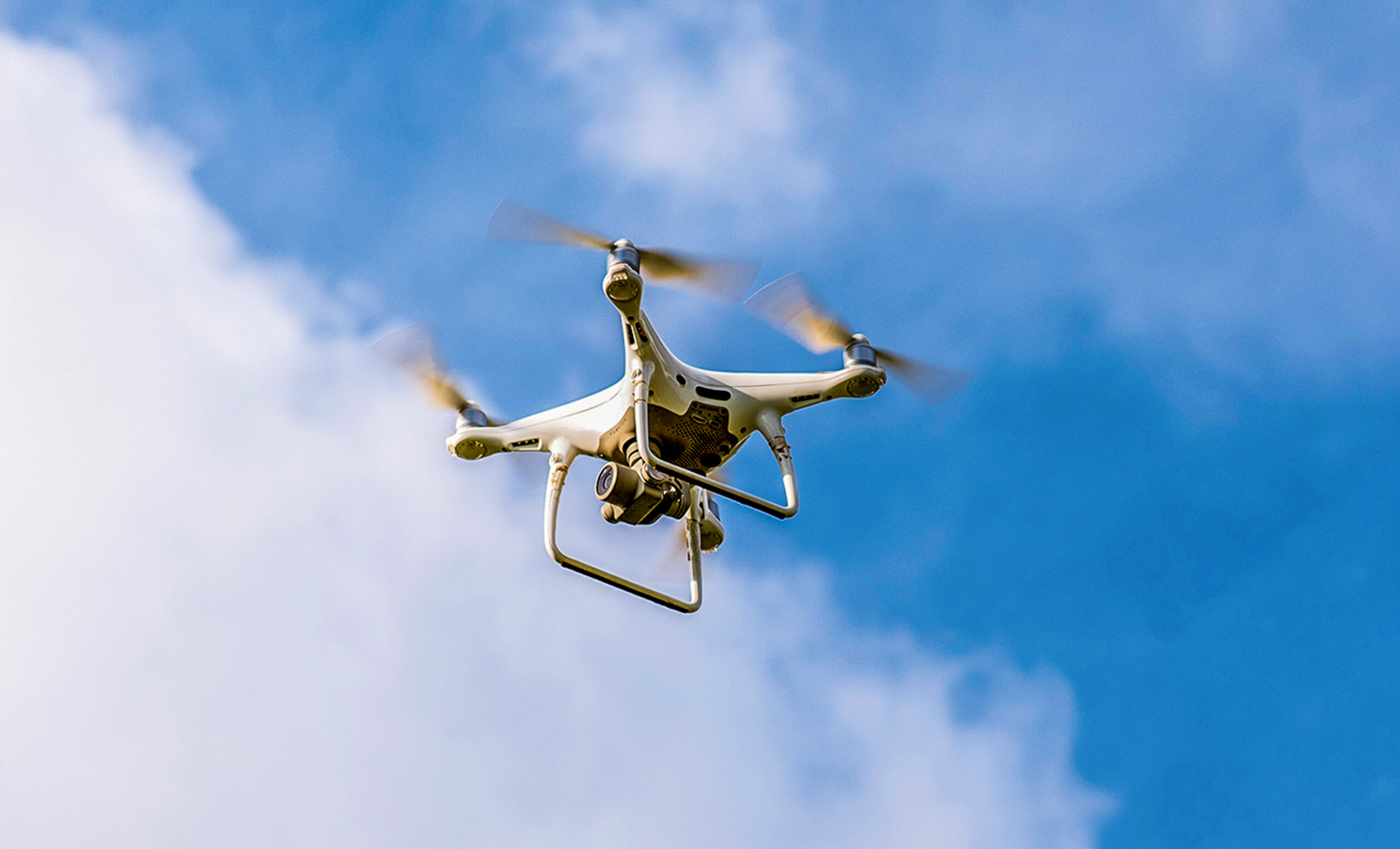by Bonface Orucho
Rising demand for unmanned aerial vehicles used in various commercial applications is fueling the growth of the local drone manufacturing industry as startups and governments ramp up production within the continent.
Following South Africa’s successful test flight of the Milkor 380, a groundbreaking unmanned aerial vehicle (UAV) capable of carrying up to 1300 kilograms among other unique capabilities, the landscape is witnessing a proliferation of local manufacturing hubs, with recent developments emerging in Nigeria and Morocco.
In February, a drone manufacturing facility was unveiled by TerraHaptix, a Nigerian technology and robotics startup.
The 1,400 square meter facility in Abuja was built to produce “autonomous drones for the world’s core industries such as defense, energy, logistics, agriculture, and mining,” according to founders Maxwell Maduka and Nathan Nwachuku.
The launch of TerraHaptix’s flagship product, the Archer in March 2024 underscored Africa’s capabilities in developing cutting-edge UAV technology for diverse applications. The company produces all the drone parts themselves, according to tech news platform TechCabal, “including the airframe, flight computers, firmware, powertrain, and the flight OS.”
Projections are for up to 10,000 units a year.
A fortnight ago, Bluebird, a subsidiary of Israel Aerospace Industries (IAI), conducted the first field test of its new SpyX suicide drone in Morocco. The test flight for this rare military drone is part of a deal to manufacture advanced suicide drones in the North African country.
Besides military applications, however, the growth in drone manufacturing activities in Africa is fueled by rising local demand for aerial vehicles across several sectors.
The global drone market has grown from US$14 billion to over US$43 billion in 2024, meaning the industry has been growing by more than 20% annually, according to Drone Industry Insights.
In South Africa, Africa’s largest drone market, the value of the small drones sector alone is estimated to reach US$134.5 million by 2025, according to IndustryARC, a research platform.
Demand for drones is coming from the conservation, agriculture, and healthcare sectors, among others.
In Malawi, for instance, the government adopted drones to protect wildlife across six nature reserves – Nyika, Kasungu, Nkhotakota, Majete Vwaza, Liwonde and the Elephant Wildlife Reserve. The decision to use UAVs in conservation was made in September 2023.
“It is envisaged that the use of drones in wildlife conservation will bring new dimensions in both protection and research,” Joseph Nkosi, Malawi’s Ministry of Tourism spokesperson, told bird story agency in a 2023 interview.
China and Israel have been competing to supply drones to different countries on the continent. According to a January report by Le Monde, Turkey is supplying African countries with its Aksungur and Bayraktar TB2 combat unmanned aircraft. The report explains that Turkish UAV manufacturers have sold over 40 UAVs to 10 countries.
“Niger, Burkina Faso, and Mali acquired several Bayraktar TB2 models in the space of 10 months. In 2022, Senegal announced that it was also in the fray for one. The Chadian army has acquired four Ankara attack drones from another Turkish manufacturer,” Le Monde details.
Some of the largest global manufacturers of UAVs are now showing increased interest in establishing local manufacturing facilities within the continent.
In November 2023, Ondas Holdings, the parent company of drone service providers Airobotics and American Robotics, signed a memorandum of understanding (MOU) with Moroccan technology company Maghrebnet. The partnership will see Maghrebnet take charge of manufacturing and sales of Ondas’ automated Optimus Drone-in-a-Box systems in Morocco and Senegal.
More recently, in February 2024, Rwandan drone company Charis UAS secured a significant investment from global drone solutions provider XM2 Earth. The investment aims to fuel XM2 Earth’s expansion of drone manufacturing across the continent. Charis UAS, known for launching Rwanda’s first domestically-made drone in 2020, stands poised to play a pivotal role in this expansion.
More countries are showing interest in improving local manufacturing capacity, including Botswana, where the Botswana International University of Science and Technology (BIUST) and the Mileage Group, a technology and investment firm, unveiled a drone assembly and testing center in Palapye, some 272 kilometers northeast of Gaborone. The center was launched in March.
bird story agency






